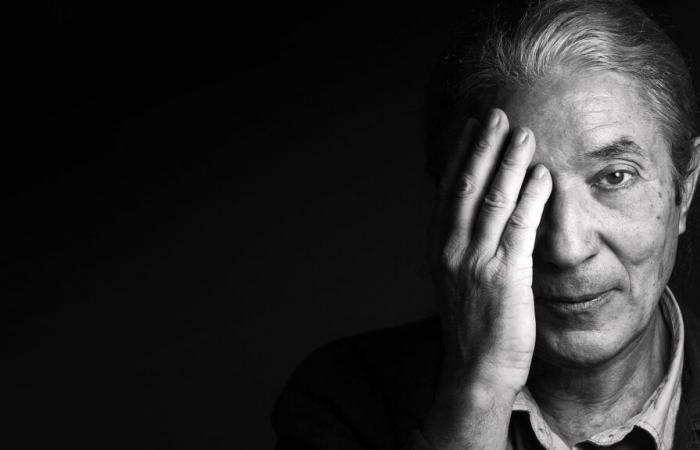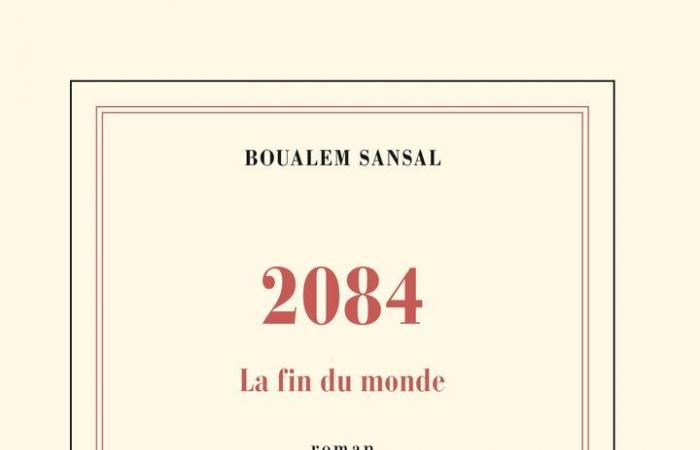Boualem Sansal, aged 75, was arrested in Algeria on November 16, 2024, upon his return from France, and placed under arrest warrant for “attack on state security”. The Algerian-French writer was interviewed by the Algiers anti-terrorism prosecution, according to his lawyer, François Zimeray. For almost a week, his name has been on the front page of the media and is omnipresent in the news, to the point that the President of the Republic, Emmanuel Macron, spoke personally about his situation. But who is Boualem Sansal? A look back at the tumultuous journey of a senior civil servant who came to literature late in life and a writer who embodies freedom for some and is incarcerated in his country of origin.
Boualem Sansal was born in 1949 in Theniet El Had, near Tissemsilt in western Algeria, and obtained French nationality in 2024. Before devoting himself to writing, he had a career littered with prestigious positions : engineer, consultant and senior civil servant at the Algerian Ministry of Industry. It was with the support of his friend, the famous Algerian writer Rachid Mimouni, that he began writing.
Son premier roman, The Barbarian Oathpublished in 1999 when he was 50 years old, is a bitter chronicle of the “black decade”, a period of Algerian civil war which took place between 1992 and 2002. Inspired, this book was a great success and earned him several awards , including that of the first novel. Over the years, he has written numerous works denouncing the political, social and economic situation in Algeria, while exploring universal themes such as memory, justice and identity.
His books are often harsh critiques of the ruling power and Algerian society, and he has not hesitated to tackle sensitive subjects, which has earned him censorship and threats in his own country. Despite these difficulties, Boualem Sansal remained faithful to his convictions and chose to continue living in Algeria, where he was arrested in November 2024 for his positions.
At the start of his career, Boualem Sansal used colorful language and a funny tone to denounce injustices, drawing inspiration from an Algerian banter inherited in part from Rachid Boudjedra and Rachid Mimouni, to describe the country's traumas. His style, sometimes compared to Rabelais, nevertheless differs from the latter by a much darker vision of the world.
From Harraga (2005), Sansal opts for a more classic narration, adopting a more sober vocabulary, which allows for greater readability and more palpable emotion, thus touching its readers more. If the creativity of its language is reduced, its capacity to arouse emotion and to evoke melodramatic themes, close to Misérables by Victor Hugo, intensifies. At the same time, Sansal remains a harsh critic of his country, but he favors a humanist vision, addressing its concerns through mythological stories and fables, as in 2084. The end of the world (2015) et The Erlingen Train or The Metamorphosis of God (2018).

Boualem Sansal has won several prestigious awards. Notably the Grand Prix du roman of the French Academy in 2015 for 2084. The end of the worldhis greatest success. This dystopian novel nods to the 1984 by George Orwell, criticizing through an imaginary country a religious radicalism which oppresses and reduces individual freedoms.
In 2021, Boualem Sansal received the Méditerranée prize for Abraham or the Fifth Covenanta “parable on the power and weaknesses of religious thought” published by Gallimard. His latest novel, Live. The countdown was released by the same publisher in January 2024.







